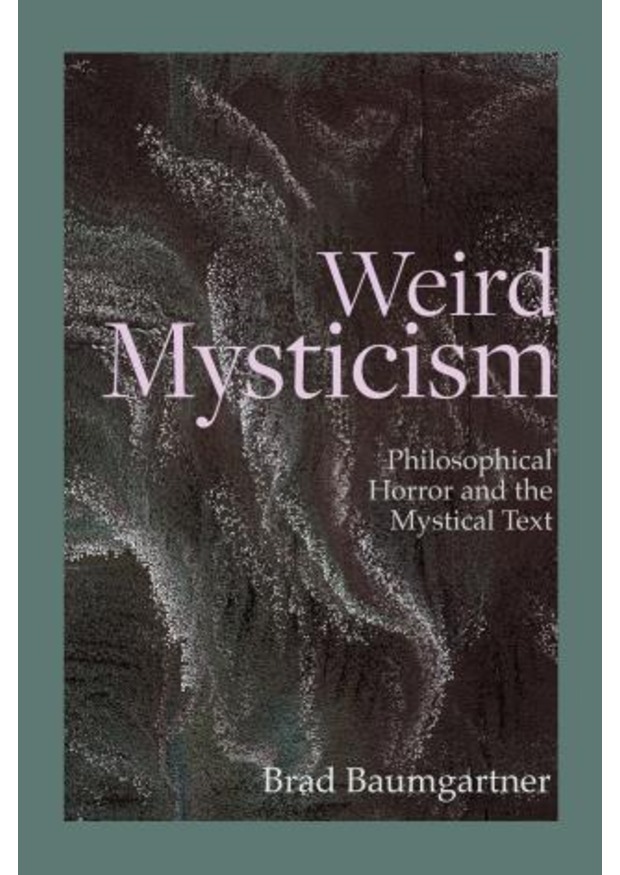Philosophical Horror and the Mystical Text
Weird Mysticism identifies and evaluates a new category of theoretical inquiry by showing the influence of speculative writing on three intersecting critical categories: horror fiction, apophatic mysticism, and philosophical pessimism. Exploring the work of Thomas Ligotti, Georges Bataille, and E. M. Cioran, Baumgartner argues that these “weird mystics” employ an innovative mode of negative writing that seeks to merge new conceptions of reality. While exploring perennial questions about “the absolute,” the Outside, and other philosophical concepts, these authors push the limits of representation, experimenting with literary form, genre-bending, and aphoristic discourse. As their works reveal, the category of weird mysticism both conjoins and obscures the link between traditional mysticism and philosophical horror fiction, with weirdness itself being the central magnet that draws the seemingly disparate realms of horror fiction, philosophy, and mysticism together. Highlighting the theoretical stakes of the horror genre, Baumgartner’s study reveals how the mystical potentially recuperates the limits of philosophical thinking, enabling reflection on—and possibly challenging—the limits of human understanding.
Reviews
This genuinely interdisciplinary study skilfully weaves together common threads of thought from a range of sources across different literatures and periods, and it places them convincingly in a continuum of ‘weird mysticism’. While the book's inquiry emerges from the pessimistic tradition, Baumgartner refuses to be morose, identifying an authentic sense of ecstatic uplift in the ostensibly horrific or transgressive literary works under discussion.
— James Machin, Associate Researcher, Birkbeck, University of London
Brad Baumgartner’s Weird Mysticism moves with freedom through three modern heretics: the irreal hell of Thomas Ligotti, the impossible purgatory of Georges Bataille, and the pessimal paradise of E. M. Cioran. The music that emerges is a quiet friendly imperative to laugh in the face of the void and an indelible new vision of the inevitable impossibility of writing itself.
— Nicola Masciandaro, Professor of English at Brooklyn College (CUNY)













